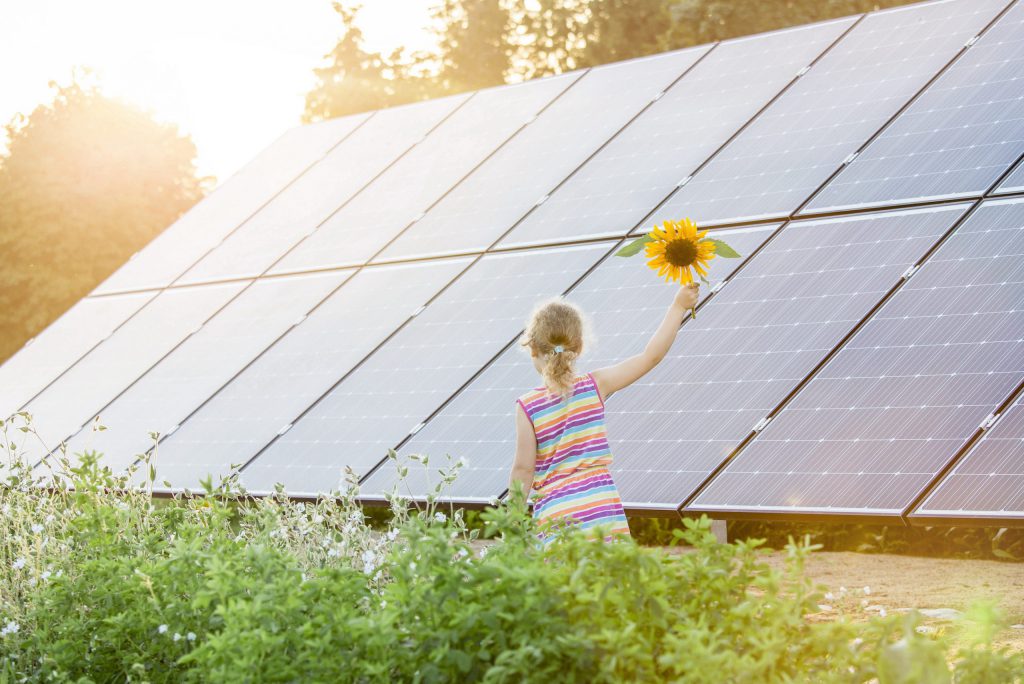Today the Public Service Commission (PSC) voted to approve construction of the Koshkonong Solar Energy Center, a 300 megawatt (MW) utility-scale solar farm proposed for Dane County. The project includes 165 MW of battery storage and would generate enough clean, reliable electricity to power more than 60,000 homes. Clean Wisconsin submitted expert testimony in support of the project, drawing attention to benefits the solar farm will have on local waterways. Our analysis showed phosphorous runoff alone will be reduced by as much as 96 percent across the project site once row crops like corn and soybeans are replaced with solar panels and native grasslands. We expect to see avoided phosphorous pollution runoff into nearby waterways of more than 100,000 pounds during the life of the project.
Koshkonong Solar Energy Center will also reduce CO2 emissions by 15 to 20 million tons over its life. Clean Wisconsin Climate, Energy and Air Program Director Chelsea Chandler says it’s a needed step forward in the transition to clean energy in our state, where right now, less than one percent of the electricity we use comes from solar.
“It is absolutely important that the Commission continues to approve utility-scale projects like this one. Our state’s power utilities are making some real strides, like investing in more solar energy capacity and storage,” she says. “Every kilowatt of clean energy adds up to make a difference, and given the urgency of climate change, a 465 MW project like Koshkonong is a big step in matching the scale of the crisis with the scale of solutions.”
Wisconsin’s first PSC-approved solar facility went online just a year and a half-ago. Now dozens more are either online or under construction across the state, but Chandler says there is even more Wisconsin could be doing to rapidly transition away from coal and methane gas.
“To quickly scale up our renewable energy investments, we need large solar farms like Koshkonong and we also need to facilitate more distributed renewable energy, like rooftop solar,” she says. “Here in Wisconsin, we are on the cusp of real progress, and there are a number of solutions that would help Wisconsin families and businesses expand solar energy use. Policies like community solar and third-party solar would spur badly-needed growth in distributed renewable energy.”
Chandler points out that large-scale solar and wind projects alone will fall short of what’s needed to stave off the worst impacts of our warming climate.
“The urgency of the climate crisis means that we need all hands-on deck implementing all kinds of climate solutions. There’s no silver bullet; we need silver buckshot. That means we need energy efficiency and carbon-free electricity. And we need both smaller-scale, rooftop solar and large, utility-scale solar. Today’s approval of the Koshkonong Solar Energy Center marks important progress in the transition to clean, renewable energy that will benefit our communities and climate.”

